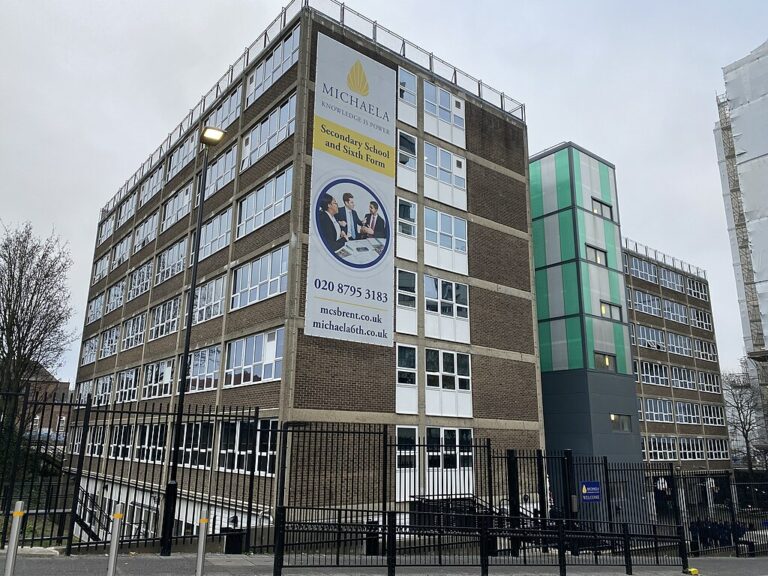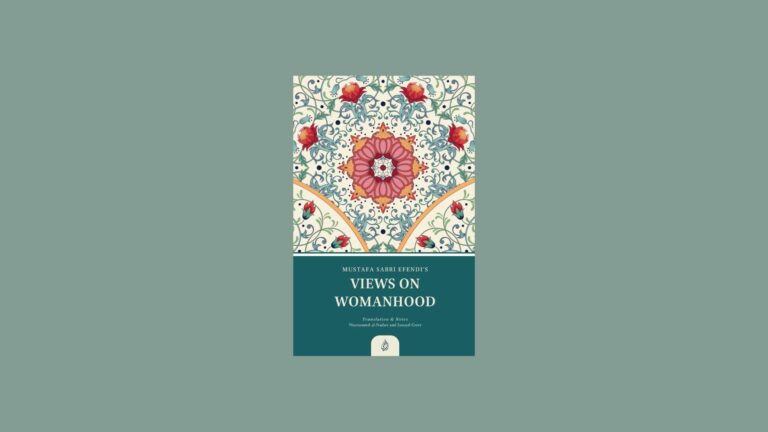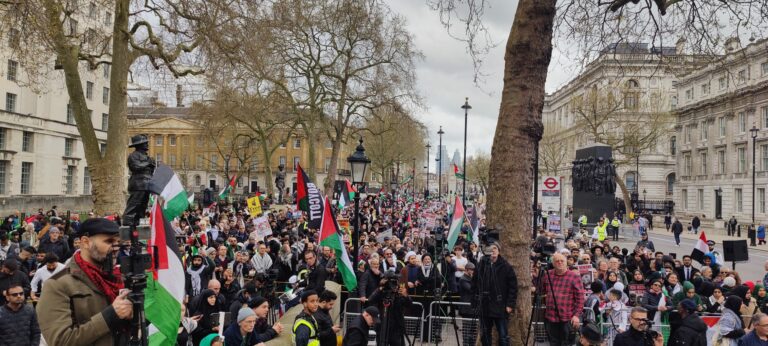
PRESS RELEASE – Bahrain: Denaturalisation of cleric highlights ongoing repression against Shia majority

IHRC strongly condemns the decision by the Bahraini authorities to strip one of the country’s leading clerics of his citizenship.
The move against Ayatollah Isa Qassim comes less than a week after a court ordered the closure of the country’s main opposition group, al-Wefaq, accusing it of fomenting sectarian unrest and of having links to a foreign power – an apparent reference to Iran.
The regime’s justification that Qassim had been trying to divide Bahrain society, encourage youths to violate the constitution, and promoted a sectarian environment in the country has no foundation.
In fact there is little doubt that the move is part of an ongoing campaign of repression aimed at stifling calls for reform of Bahrain’s autocratic monarchical system.
Ayatollah Qassim is a leading voice for reform in the island monarchy calling for greater civil and political rights for the majority Shia community.
Protests have continued in the country as the al-Khalifa regime continues to ignore the conclusions of an international commission of inquiry set up in 2011 to investigate the Arab Spring uprisings of that year in which Shia mosques and holy places were razed, doctors and opposition leaders arrested and tortured and tens of protestors killed.
None of the Inquiry’s main recommendations which include judicial and legislative reforms ensuring fair trials, an end to torture, and criminal accountability for rights violators have been implemented. At the same time human rights and opposition leaders continue to be arrested for speaking out against the government.
The right to citizenship is an essential feature of customary international law, whereby everyone has the right to a nationality, and no one shall be arbitrarily deprived of his nationality. The UN Human Rights Committee considers that there are few, if any, circumstances in which deprivation of the right to enter one’s own country could be considered reasonable.
However Bahrain’s citizenship law the cabinet has the power to revoke the citizenship of anyone who “causes harm to the interests of the kingdom or behaves in a way inimical with the duty of loyalty to it”. The regime has made use of denaturalisation since 1954 and last year alone 200 Bahrainis were stripped of their citizenship, in some cases making them stateless.
Notes to editors:
A brief 2014 report into Bahrain’s use of denaturalisation is available here
For media enquiries or further details please email media@ihrc.org or call 020 8904 4222 or 07958 522196[Ends]
[Ends]
——————————————————————————————
IHRC is an NGO in Special Consultative Status with the Economic and Social Council of the United Nations.
Islamic Human Rights Commission
PO Box 598
Wembley
HA9 7XH
United Kingdom
Telephone (+44) 20 8904 4222
Email: info@ihrc.org
Web: www.ihrc.org
Twitter @ihrc
IHRC is an NGO in Special Consultative Status with the Economic and Social Council of the United Nations.
Islamic Human Rights Commission
PO Box 598
Wembley
HA9 7XH
United Kingdom
Telephone: (+44) 20 8904 4222
Email: info@ihrc.org
Web: www.ihrc.org
Twitter: @ihrc





